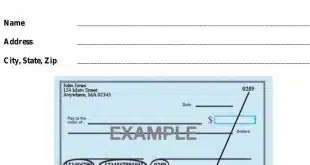By Kevin Woodward
@DTPaymentNews
More U.S consumers are using mobile peer-to-peer payments than are using a smart phone to make a point-of-sale purchase, research firm eMarketer Inc. says in a research note.
While only 19.4% of consumers made a mobile payment in a store in the preceding six months, 24.9% have made a mobile P2P payment, the firm says. That’s a pattern it expects to continue for next few years. By 2020, 33.1% of smart-phone users will have made a mobile POS transaction, but by 2018, 37.2% of consumers will have made a mobile P2P transaction, eMarketer predicts.
The report comes as mobile P2P services like PayPal Holdings Inc.’s Venmo gain popularity and as the nation’s major financial institutions re-launch a bank-controlled P2P service known as clearXchange. The service’s new name will be Zelle.
Several concerns impede mobile-payment adoption at the point of sale, Bryan Yeager, eMarketer analyst said in the note. “There are still concerns about security, a patchwork of merchant acceptance, and a lack of perceived value in replacing the use of cash or card with the tap or scan of a smart phone,” Yeager said. As these issues are addressed, he expects adoption to grow.
In 2016, mobile POS payments will grow 183.3% from 2015 to $27.67 billion, eMarketer said. By 2017, that will double to $62.49 billion, and by 2020, should reach $314.13 billion.
“Increasing acceptance of proximity payments at a wider array of merchants is pushing average spend via such methods higher, which helps explain why transaction value is growing far faster than the number of users,” Yeager said.
He also noted that younger consumers—those in the 25-to-34 age group—make up almost a third, 31.1%, of current mobile-payment users. In 2017, more than half, 55%, will be less than 35 years old.
Awareness of mobile payments is increasing, which may aid adoption rates. The 2016 North America Consumer Digital Payments Survey from Accenture found that 56% of consumers are “extremely aware” of the technology, an increase from 52% in 2015.




